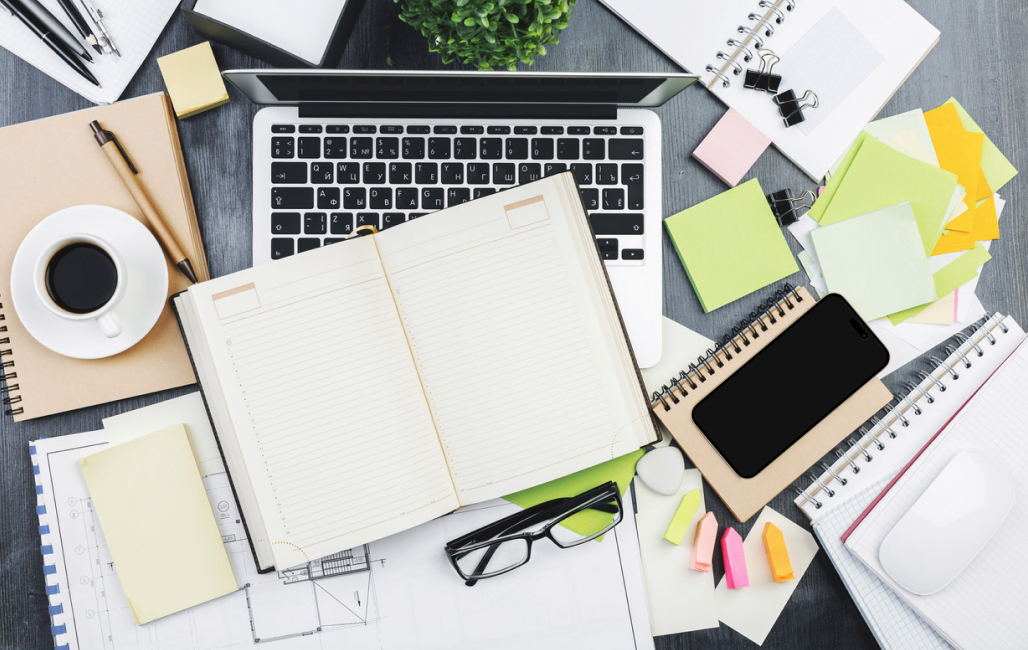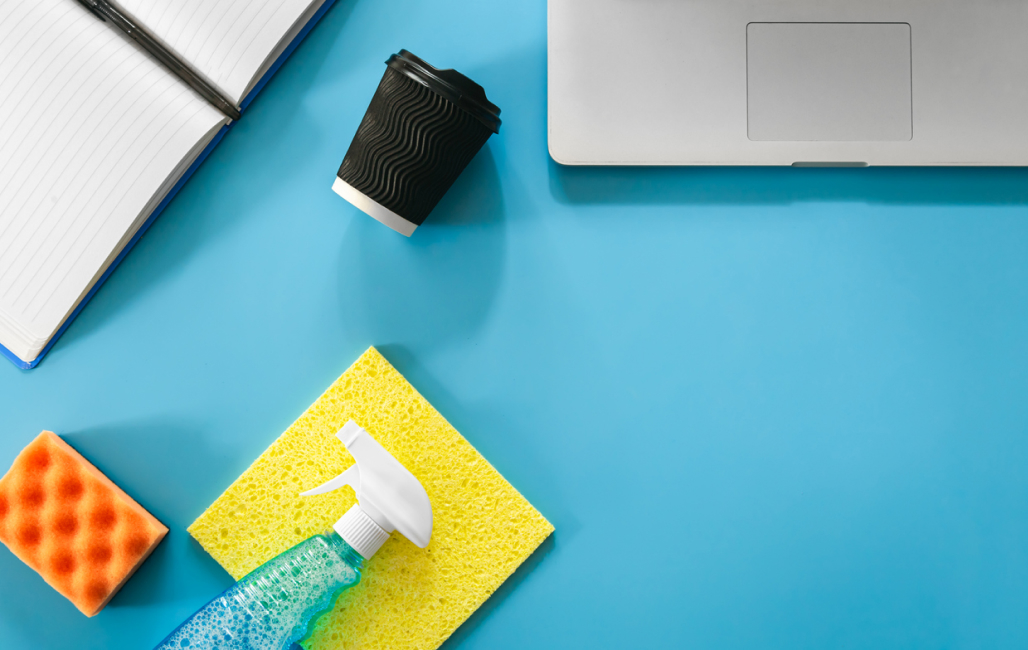
Desk Hygiene 101: A Step-by-Step Guide to a Cleaner Desk
In today's fast-paced work environment, the state of a desk often reflects the state of mind. A cluttered workspace can lead to scattered thoughts, while an organized desk promotes clarity and focus. This guide explores practical steps to maintain desk hygiene and the surprising benefits that come with it.
The psychology behind a clean desk
According to research by psychology professor Sabine Kastner, a clean, organized workspace may be fundamental to clear thinking and optimal cognitive performance. Her studies using MRI brain scans revealed that our brains engage in both a "push" toward objects we're focusing on and experience a "pull" from competing items in our visual field. When multiple objects compete for our attention, as on a cluttered desk, our cognitive functions must work harder to filter out these distractions, causing mental fatigue over time. This filtering process happens automatically-when we focus on one object, our brain attempts to suppress everything else in the environment, but does so imperfectly, with competing objects still registering as "fuzzy" versions in our neural activity.
The implications of Kastner's research extend beyond simple organization advice-they help explain why many of us struggle to maintain focus in chaotic environments. Her findings suggest that visual clutter doesn't just create aesthetic issues but actually competes with our brain's attention resources, gradually depleting our cognitive capacity throughout the day. This may be particularly relevant for those with attention difficulties, who might be especially susceptible to visual overload. Rather than being merely about appearances, a clean desk creates optimal conditions for sustained mental performance, allowing our brains to direct energy toward meaningful work instead of constantly filtering distractions.
The secret satisfaction of a clean desk
Maintaining a clean desk can also enhance mental well-being and productivity. A clutter-free environment reduces visual distractions, allowing for improved focus and concentration. The Cleveland Clinic highlights that visual and mental clutter can make it difficult to concentrate on tasks, and that a clean workspace can reduce stress and improve mood. Clinical psychologist Scott Bea, PsyD, explains, "A clean desk may also reduce tension for some people, because they may not like staring at all of the work that still needs done."
A clean desk also signals a fresh start. Imagine walking into a workspace each morning to find everything in its place, tools ready to go, and zero distractions pulling focus away from deep work. That's the kind of environment that breeds success.

The essential clean-desk framework
Implementing a systematic approach makes desk hygiene manageable and sustainable. The following framework breaks down the process into actionable steps:
-
Zone designation
Divide the desk into ergonomic zones:- Primary zone: The space directly in front, reserved for a keyboard, mouse, and primary monitor.
- Secondary zone: A secondary area for notebooks, documents, or a tablet.
- Tertiary zone: A place for drawers or shelves to house infrequently used items.
-
Adopt the one-touch rule
Every item interacted with should either be put back in its place immediately or dealt with then and there. If mail is opened, decide whether to file it, respond to it, or toss it. If a notebook is used, put it back when done. This prevents small messes from accumulating into unmanageable chaos. -
Cable management: Because chaos hides in the cables
Invest in simple wire management solutions such as clips, sleeves, or desk grommets. Tangled cables create visual chaos and collect dust more readily than organized ones. -
Daily resets: The non-negotiable habit
At the end of each workday, spend five minutes tidying up. File away loose papers, wipe down surfaces, and reset the workspace for tomorrow. This simple ritual ensures each day starts fresh, rather than playing catch-up from yesterday's mess. -
Level-Up with minimalist desk accessories
The right accessories enhance a workspace without contributing to clutter. Consider a high-quality monitor arm, an ergonomic chair, and well-placed lighting. Avoid gimmicky, space-hogging gadgets that look cool but serve no real purpose.
This framework provides structure without rigidity, allowing for personalization based on individual work styles and needs.
➡ Check out more desk accessories that provide solutions for desk organization.⬅
Small efforts, big impact
Keeping a workspace clean doesn't require hours of work-just a few small, consistent habits can make a big difference. A quick daily reset, mindful organization, and simple storage solutions can prevent clutter from spiraling out of control. Rather than viewing cleaning as an occasional deep-cleaning chore, treating it as an ongoing process keeps the space functional, inspiring, and distraction-free.
Closing thoughts: Make it a ritual
Transforming desk organization from a mundane chore into a meaningful ritual changes the entire experience. Rituals differ from routines in that they carry meaning beyond their practical function. A desk-cleaning ritual can effectively mark transitions between projects, workdays, or weeks.
Consider incorporating elements that make the process enjoyable-perhaps a favorite podcast playing in the background, pleasantly scented cleaning products, or a small reward upon completion.
The ultimate goal extends beyond cleanliness to creating a workspace that supports optimal performance and wellbeing. A well-maintained desk becomes a foundation for productivity, creativity, and professional satisfaction.
By approaching desk hygiene systematically and consistently, the benefits extend far beyond appearances. A clean desk becomes both a tool for and a symbol of intentional, focused work-a modest daily investment with substantial returns for professional effectiveness and personal fulfillment.